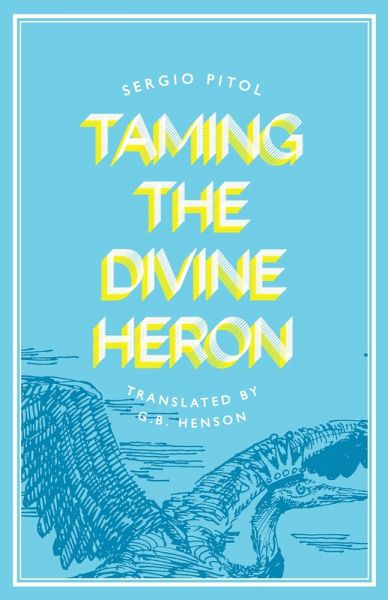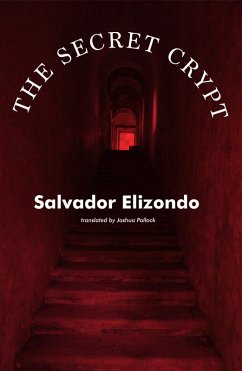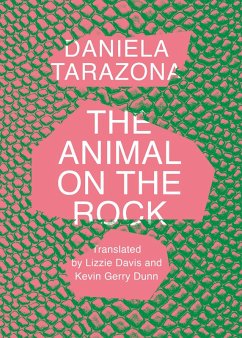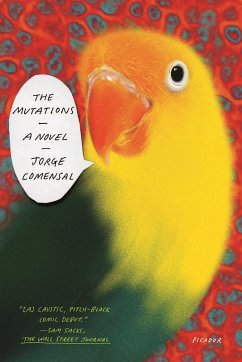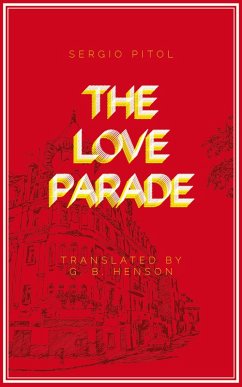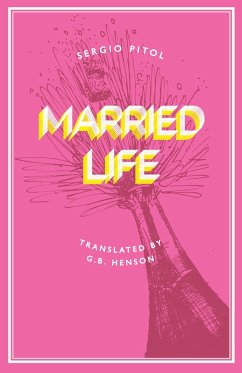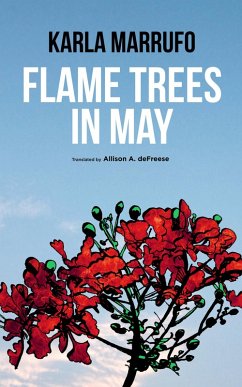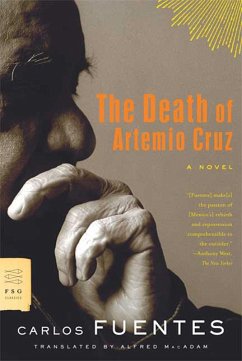Sergio Pitol Demeneghi (1933-2018) was one of Mexico's most influential and well-respected writers, born in the city of Puebla. He studied law and philosophy in Mexico City and spent many years as a cultural attaché in Mexican embassies and consulates across the globe, including Poland, Hungary, Italy, and China. He is renowned for his intellectual career in both the field of literary creation and translation, with numerous novels, stories, criticisms, and translations to his name. Pitol is an influential contemporary of the most well-known authors of the Latin American "Boom," and began publishing his works in the 1960s. In recognition of the importance of his entire canon of work, Pitol was awarded the two most important prizes in the Spanish language world: the Juan Rulfo Prize in 1999 (now known as the FIL Literary Award in Romance Languages) and the Cervantes Prize, the most prestigious Spanish-language literary prize, often called the "Spanish language Nobel," in 2005.
George Henson is the author of 10 book-length translations, including works by Cervantes laureates Sergio Pitol (published by Deep Vellum) and Elena Poniatowska. His translations have appeared variously in Words Without Borders, Asymptote, Latin American Literature Today, World Literature Today, Granta, and The New England Review. He holds a PhD from the University of Texas at Dallas and is an adjunct professor of Spanish translation at the Middlebury Institute of International Studies in Monterey. George is a 2021-2023 Tulsa Artist Fellow in literary translation.
